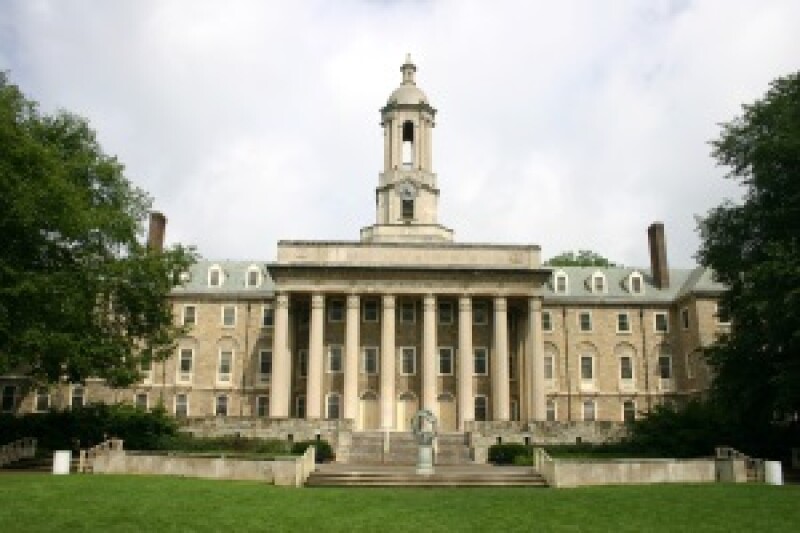
Penn State University will auction exclusive licences to patents covering innovations created by its College of Engineering, in what it believes to be the first auction of its kind conducted by a university
The university hopes that the event, which will take place from March 31 to April 11, will be the first of many patent licensing auctions it hosts.
It will include about 70 patents in technologies such as fuel cells, acoustics and sensors.
The items will have required minimum bids of between $5,000 and $50,000, depending on the patent. Starting at $5,000 are patents including one relating to a method and apparatus for collecting overspray. For a minimum bid of $50,000, potential buyers can take a shot at a bundle of patents covering frequency detection systems for quadrupole resonance signals and methods for reducing/adjusting couplings.
Penn State’s associate vice-president for research and technology transfer Ron Huss said he hopes the auction will help advertise the university’s patent portfolio to businesses.
"Penn State and other research universities typically have IP that has been marketed by their tech transfer offices but for a variety of reasons has not been picked up by a commercial entity and therefore sits on the proverbial shelf," said Huss in a statement.
"This auction is an effort to get our IP off of the shelf and in the hands of companies that can use the technology, at very favorable terms and price points. The buyers get the rights to use the IP, and the university gets a financial return. It's a win-win situation."
There are no geographical limitations on who can license the patents. Potential bidders will need to register in advance at the university’s website. The winners will have to sign a licensing agreement with the university.









